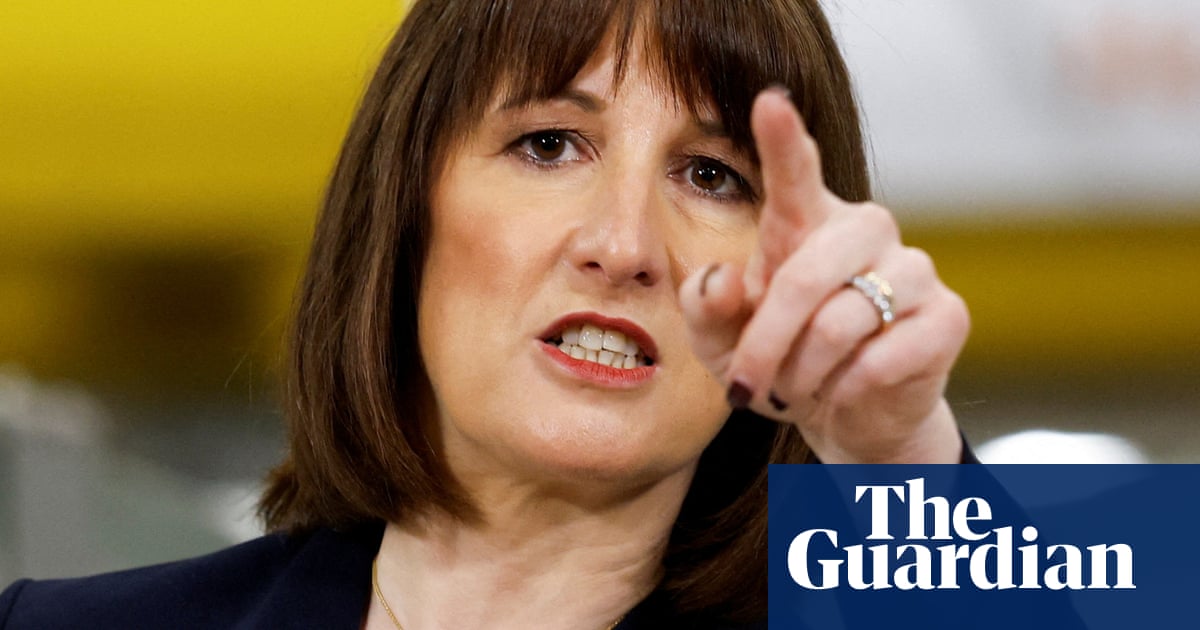Black sitcoms have long featured sincere and thoughtful arcs on myriad issues, including adoption, grief and racial profiling. But many shows have failed to deliver meaningful storylines about transgender characters. Shows such as The Jeffersons and The Parkers, for instance, have leaned on tired, transphobic tropes: the process of transitioning is typically reduced to a single operation that characters get off-screen; trans women are often outed by accident, the punchline in a joke about gender; or trans people are abandoned once a cisgender character who’s initially expressed romantic interest in them suddenly discovers their gender identity and bolts.
Across television programs, trans characters (usually played by cis actors) function as punchlines, villains or have no legitimate storyline to begin with. But Clean Slate, a new Prime Video series loosely based on the actor Laverne Cox’s upbringing, is an entertaining and wholehearted comedy following a once-estranged father and daughter who become reacquainted and grow together on new terms.
Cox, who co-created and co-produced the series, stars as Desiree Slate, a trans woman who reconnects with her father Harry (played by an extremely funny George Wallace) after returning to her hometown of Mobile, Alabama. Desiree, a struggling art dealer formerly based in New York, is broke. Her gallery ventures have failed, which forces her to move back in with Harry, despite the fact that the pair hasn’t spoken for 23 years. Desiree left home at the age of 17, prior to her transition, and her re-emergence as a woman proves to be a stumbling block for Harry amid their hilariously fraught relationship.
Clean Slate, which was executive produced by Norman Lear before his death last year, proves to be a fleshed-out work. Lear had also produced The Jeffersons, but Clean Slate demonstrates his commitment to thoughtful trans representation and queer storylines. Desiree being a trans woman isn’t played as a gag or swept under the rug like a disturbing family secret. Instead, the show deals with the inner workings of a father-daughter relationship, including and beyond Desiree’s transition.
The Slate family is imperfect, as Desiree and Harry each come with personal baggage. In addition to their own quirks, they are both still navigating the death of Desiree’s mother, a traumatic event that caused a rift between the two. But the love and loyalty they have for each other is clear, and used as anchors to explore more difficult topics.

Even as Harry trips, messing up Desiree’s pronouns or not understanding her therapy-speak, he maintains a curiosity about her and her wellbeing. Desiree, for her part, warns Harry not to ask questions “a doctor or my boyfriend would need to know the answer to”. Her boundary-setting combined with Harry’s sincerity is a portrait of a real relationship, a refreshing depiction of a trans woman and her parent that exists beyond trauma.
Unlike in other comedies, transphobia in Clean Slate does not go unchallenged. In the pilot episode, Harry insults and deadnames Desiree following an explosive fight. He runs to several friends for comfort: Mack (Jay Wilkison), a formerly incarcerated man who works at Harry’s car wash, and Ella (Telma Hopkins), a know-it-all, but deeply empathetic neighbor. Yet both characters rebuke Harry’s intolerance and urge him to make up with Desiree, a notable departure from characters piling on with their own prejudices.
The show’s portrayal of the Slates’ community in Mobile, where Cox was born and raised, is also realistic and balanced. Clean Slate depicts the breadth of Desiree’s struggles in the town, including transphobia she experiences from a local pastor. And throughout the series, Desiree must navigate the emotional minefield of constantly educating Harry and others about her experience as a trans woman.

But Mobile is not reduced to an unnuanced, transphobic swamp. The stereotype that transphobia is a given in Black, southern culture is challenged by the expansive community that embraces and protects Desiree, including allies who stage a protest on her behalf. Clean Slate’s inclusion of other queer characters also supports the show’s commentary that Black queer life in Mobile isn’t unusual.
Louis (DK Uzoukwu), the church choir director and Desiree’s childhood best friend, is also queer. While Desiree is out, Louis, who is also Ella’s son, keeps his identity private, occasionally buckling to pressure from Desiree to be more open with his sexuality (including joining Grindr). Their dynamic creates a satisfying tension and demonstrates the plethora of queer, southern experiences.
At times, however, the Mobile depicted in Clean Slate is a bit generic. The town is reduced to two settings: Harry’s car wash and the local church. Some bits gags are a bit hokey; Wallace must add $5 to the “pronoun jar” every time he fumbles, which feels infantilizing. And Desiree’s fling with Mack, while cute, is also too convenient, not least because they barely know each other.
But one of the most touching parts of Clean Slate is Harry’s willingness to learn about Desiree. Even as language fails him at times, Harry fully embraces his transgender daughter. Cox and Wallace have a chemistry and commitment to each other that underlines the characters’ real desire to connect. Their bond is a reminder that love and respect are what generate healing, and that intolerance isn’t a foregone conclusion.

 3 months ago
81
3 months ago
81

















































